Critical Incident Response
This is the phone number for a critical incident response only and goes direct to PeopleSense by Altius.
For Altius Group general enquires, please contact us or call us at 1800 258 487 during business hours.
If you would like to proceed with this call, please click on the button below.
The Mind Movement program, from PeopleSense by Altius, has been designed to support those who have suffered a physical or psychological injury to get back on their feet. The award-winning program provides psychological treatment to help individuals experiencing poor wellbeing, disability, or work disengagement post injury.
Psychological Treatment for Physical and Psychological Injury
Early Intervention
Screening individuals and offering early intervention to those at risk has been shown to be an effective strategy to mitigate the impact of a range of conditions, including traumatic events, acute back pain, traumatic brain injury, anxiety and depression.
Our psychologists are able to work with doctors, insurers and case managers to screen for, and identify, those who are most likely to be at risk of a slower than expected recovery. We are then able to intervene in psychological and physical treatment early to support an improved recovery.
Psychological Support
Our psychologists provide:
- Evidenced informed psychological therapy targeted at each presenting problem or mental health disorder.
- Interventions focused on enhancing personal coping, general functioning tools to build self-esteem and self-confidence.
- Individually tailored support to assist clients to regain control of their lives.
- A collaborative approach with case conferencing to assist in treatment alignment and coordination.
We guide our clients through identifying how their emotions, behaviours, body and thought patterns are interconnected and can influence their health outcomes. Our psychologists are experienced in assisting individuals to move from a low level of functioning, through to thinking about reinvesting in their lives and preparing for employment – to taking the actions required to return to work and re-engage in life.
We’re highly skilled in the area of assisting individuals with chronic pain and illness with injury acceptance, trauma and providing high quality treatment within various schemes and systems.
A Multi-disciplinary Approach to Recovery
The Mind Movement program understands that psychological injuries often occur secondary to physical injuries, and because of this we offer psychological treatment alone or with the support of other allied support.
For physical injures, our psychologists collaborate with Altius Group Exercise Physiologists who draw on their Recovery and Wellness Initiative (RAWI). This multidisciplinary approach helps the client to overcome physical health problems and reduced functioning often associated with a mental health disorder and adjustment to injury. The program also recognises the benefits of exercise as a mood enhancer and an effective antidepressant in treating mild and moderate depression.
Mind Movement Results
Mind Movement was awarded ABA 100 Winner for Innovation in Service Delivery (2018). Program participants report improvements to their overall wellbeing, including increased general activity levels, social engagement and improvements to their mood. Participants achieved significant improvement in pre and post program scores across measures of depression, anxiety, stress (DASS-21) and measures of wellbeing.
FAQs
- What is the Mind Movement Program?
- How is The Mind Movement Program delivered?
- Who would benefit from the Mind Movement Program?
- When would people need the program and how would they get started?
- What is special about the program?
- How does the program tie in with the Return to Work Initiative (RAWI)?
- What treatments can my Psychologist use and what can I expect from a Mind Movement session?
- Why is a multi-disciplinary approach, with the use of Exercise Physiologists, effective for high level of risk or comorbid injuries?
- How Does the Mind Movement provide support following Motor Vehicle Accidents and with other complex claims?
- How does an individual get started?
- What happens at the end of the Program?
What is the Mind Movement Program?
The Mind Movement program is a Psychological Therapy that integrates treatments to provide a holistic client-centred care approach for individuals suffering from psychological disorders, such as PTSD, anxiety, depression and chronic pain. Often clients with trauma (PTSD), traumatic injury and pain related issues experience both psychological distress and a decline in their physical health.
The Mind Movement program provides Psychological Therapy which is often combined with Exercise Physiology to address the many complex factors affecting the health of a person with an acquired injury.
How is The Mind Movement Program delivered?
Mind Movement is delivered through eight sessions with a psychologist via face to face appointments at one of our offices (we have offices nationally) or via Telehealth. When combined with Exercise Physiology, RAWI aims to commence within the initial phases of the program.
Who would benefit from the Mind Movement Program?
Organisations and general practitioners look to nominate appropriate claims for the Mind Movement Program under the following criteria:
- A person with a physical or psychological injury.
- A person who would benefit from psychological interventions for managing pain.
- A person who would benefit from psychological therapy to assist with their injury adjustment, engagement in treatment and goal setting.
- A person who would benefit from a coordinated multi-disciplinary intervention for their illness or injury
Exclusions include:
- An individual with a current psychologist engaged.
When would people need the program and how would they get started?
People can benefit from the program if they have endured an injury and find they need more support to get back on their feet.
We recommend the program starts as they are nearing the sub-acute phase of their recovery, (three to six months post injury). In some cases, this may be longer. If you have multiple injuries or have experienced a traumatic mechanism of injury, then we recommend you commence the program earlier within your recovery journey.
What is special about the program?
The program is unique as treatment providers are able to align their goals with you and use treatment approaches from both psychology and exercise therapy to assist you with your recovery.
This integrated healthcare approach has shown beneficial results for a range of more complex presentations including trauma, depression, and pain related conditions.
How does the program tie in with the Return to Work Initiative (RAWI)?
Exercise Physiologists from the RAWI program meet with the client and the psychologist as part of their assessment to align treatment goals and review progress.
What treatments can my Psychologist use and what can I expect from a Mind Movement session?
All therapy will be applied using a collaborative and strategic approach. Depending on the individual, a tailored Mind Movement Program may include such psychological treatment therapies as:
- Cognitive Behavioural Therapy (CBT): The first and gold standard treatment approach for a range of psychological conditions and personal problems.
- CBT supports the person to modify unhelpful thinking patterns and behaviours which perpetuate distress, assisting them to overcome challenging emotions, thoughts and behaviours.
- Trauma Focussed Cognitive Behavioral Therapy (TF-CBT): An evidence-based treatment model designed to support individuals or families to overcome the negative effects of a traumatic experience. This evidence-based method has been proven effective for treatment after multiple traumas or a single traumatic event.
- Eye Movement Desensitisation and Reprocessing (EMDR): EMDR facilitates the accessing and processing of traumatic memories and other adverse life experience to bring these to an adaptive resolution. Repeated studies show that by using EMDR therapy people can experience the benefits of psychotherapy that once took years to make a difference.
- Acceptance and Commitment Therapy (ACT): This approach has been shown to be effective for chronic pain and assisting clients create a rich and meaningful life.
- Family Inclusion Therapy: This Family Inclusion Therapy adjunct, aims to enhance relationships, by working through the challenges posed on relationships and the family following an injury.
Why is a multi-disciplinary approach, with the use of Exercise Physiologists, effective for high level of risk or comorbid injuries?
- Exercise is just as effective as antidepressants in treating mild to moderate depression.
- Physical activity can moderate PTSD symptoms (where PTSD and chronic pain co-occur)
- Supervised physical activity is more effective than exercise alone as a conjoint to therapy in improving depression and anxiety symptoms.
- One hour of exercise per week can prevent depression.
- Physical activity/exercise is regarded as an important self-management strategy for individuals with mental illness.
- Treatment alignment and consistent health messages has a positive effect on the individual and treatment outcomes.
How Does the Mind Movement provide support following Motor Vehicle Accidents and with other complex claims?
Some people experience a more complicated recovery from a Motor Vehicle Accident due to a range of biopsychosocial variables – which can prolong or prevent recovery. Factors such as complex legal processes, attribution of fault and a sense of injustice for victims can complicate recovery – there can be reduced participation in work, family and community.
It is estimated that the risk of Acute Stress Disorder (ASD) following a Motor Vehicle Accident is approx. 13-25%, with other estimates indicating for serious accidents – up to one third continue to suffer PTSD at one-year post injury and up to half experience depression at six months post injury.
Acquiring an injury via a traumatic method can increase the risk of developing comorbid PTSD and Chronic Pain. Unfortunately, when both conditions exist, they can be mutually reinforcing. Both conditions have been conceptualised under similar frameworks and can be treated. Ideally, those who are at risk of comorbid conditions are best screened and treated early.
How does an individual get started?
The injured person needs to obtain a referral from their General Practitioner for the program which can be funded through Workers Compensation and Motor Vehicle Insurance Schemes. The program can also be attended privately or part-funded under a Mental health care plan.
The program starts with an initial consultation and assessment with the client’s Mind Movement psychologist, who aims to identify key challenges within their recovery and treatment. A treatment plan is then collaboratively set with the client and their other treating parties.
What happens at the end of the Program?
Before the program is finalised, the Mind Movement psychologist will review with the client strategies for self-management and maintenance.




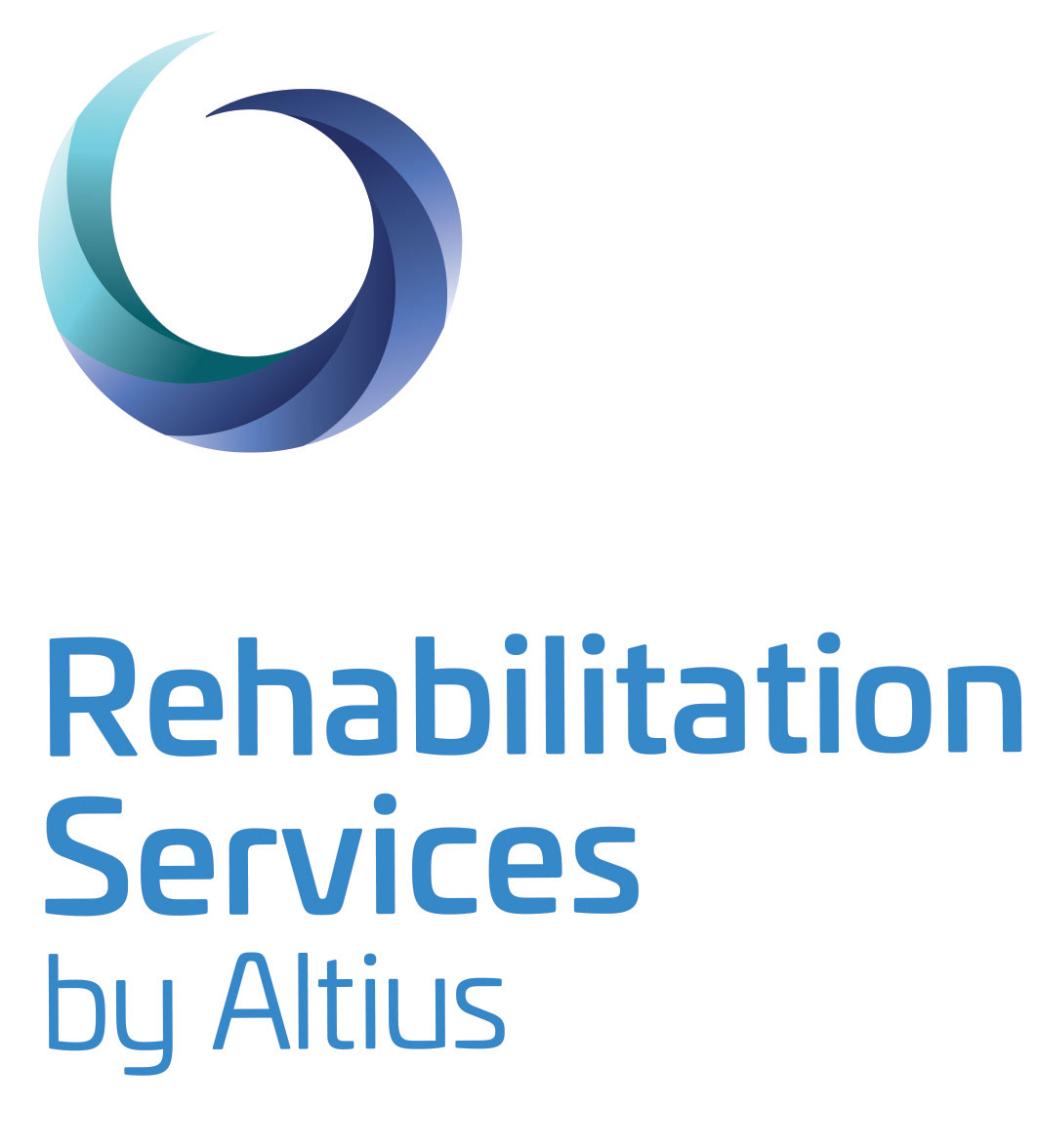
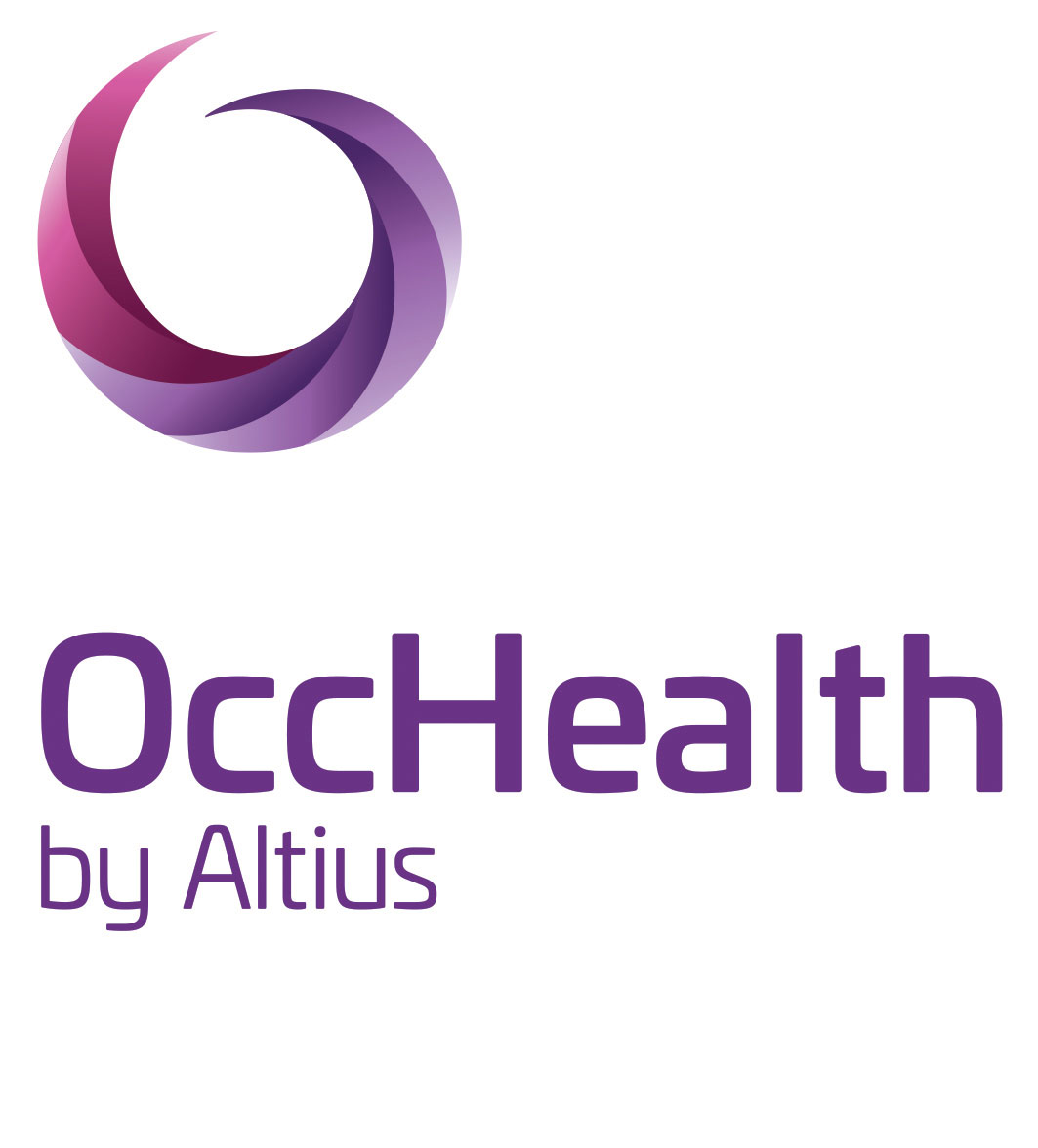
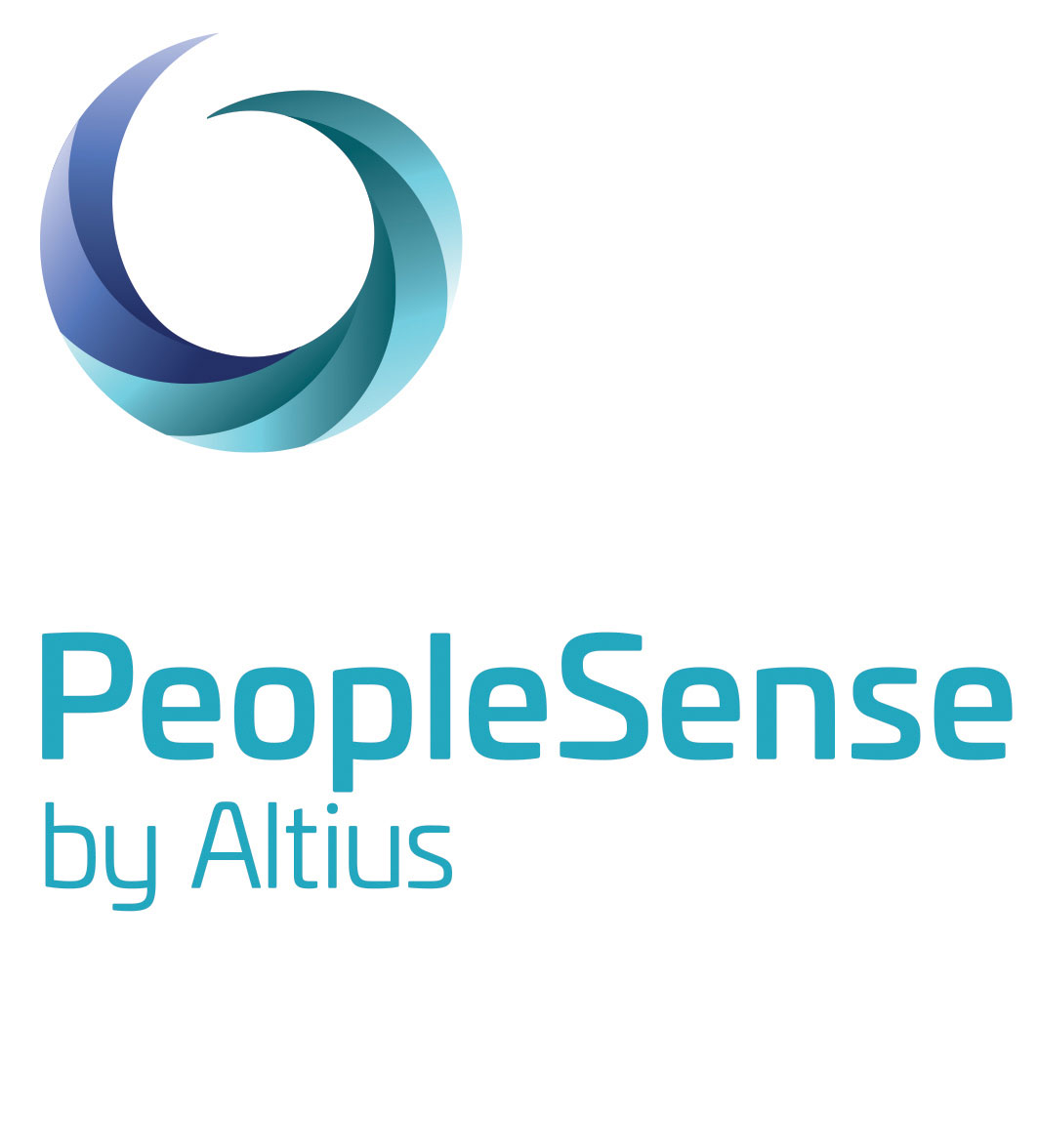
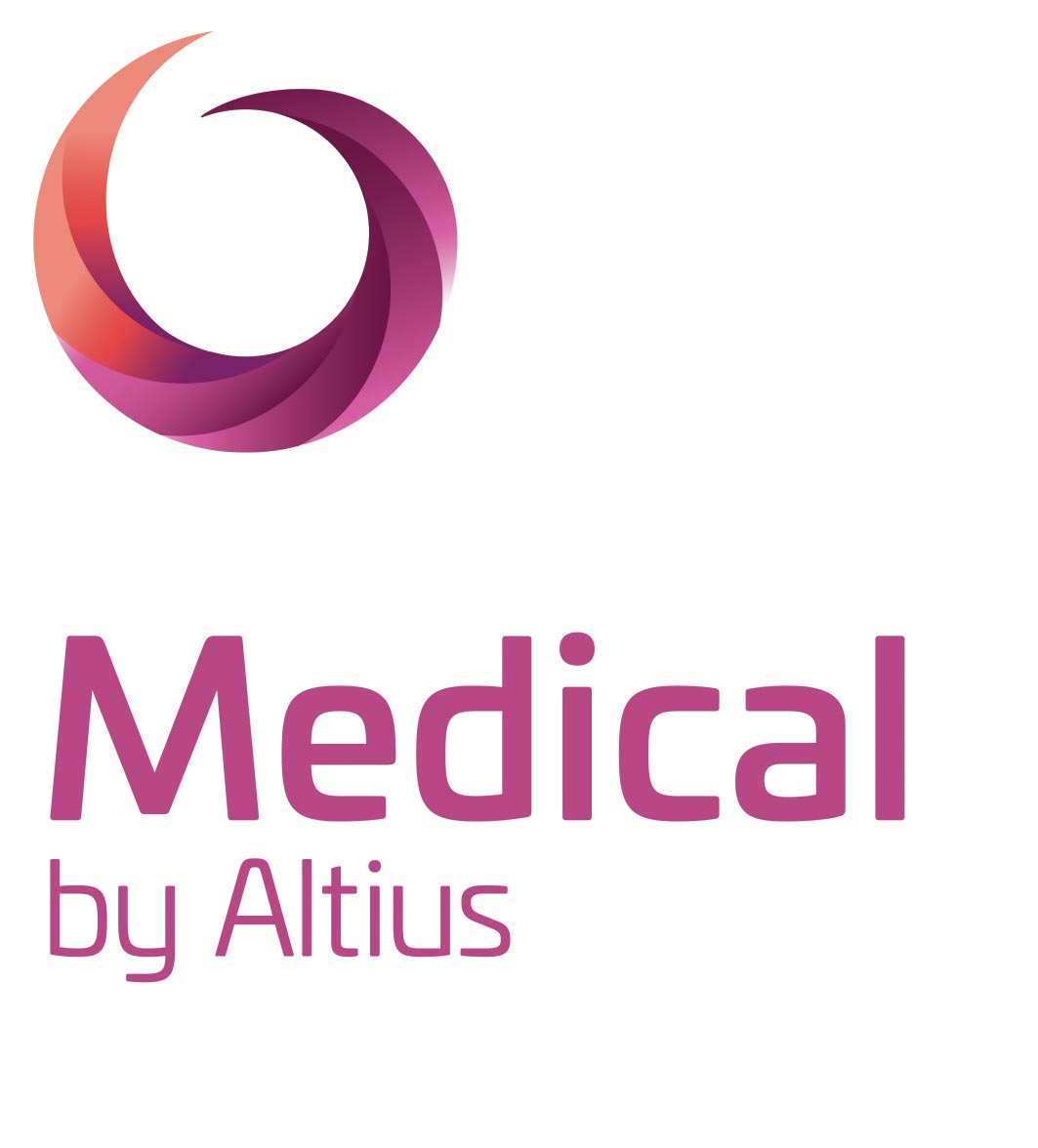
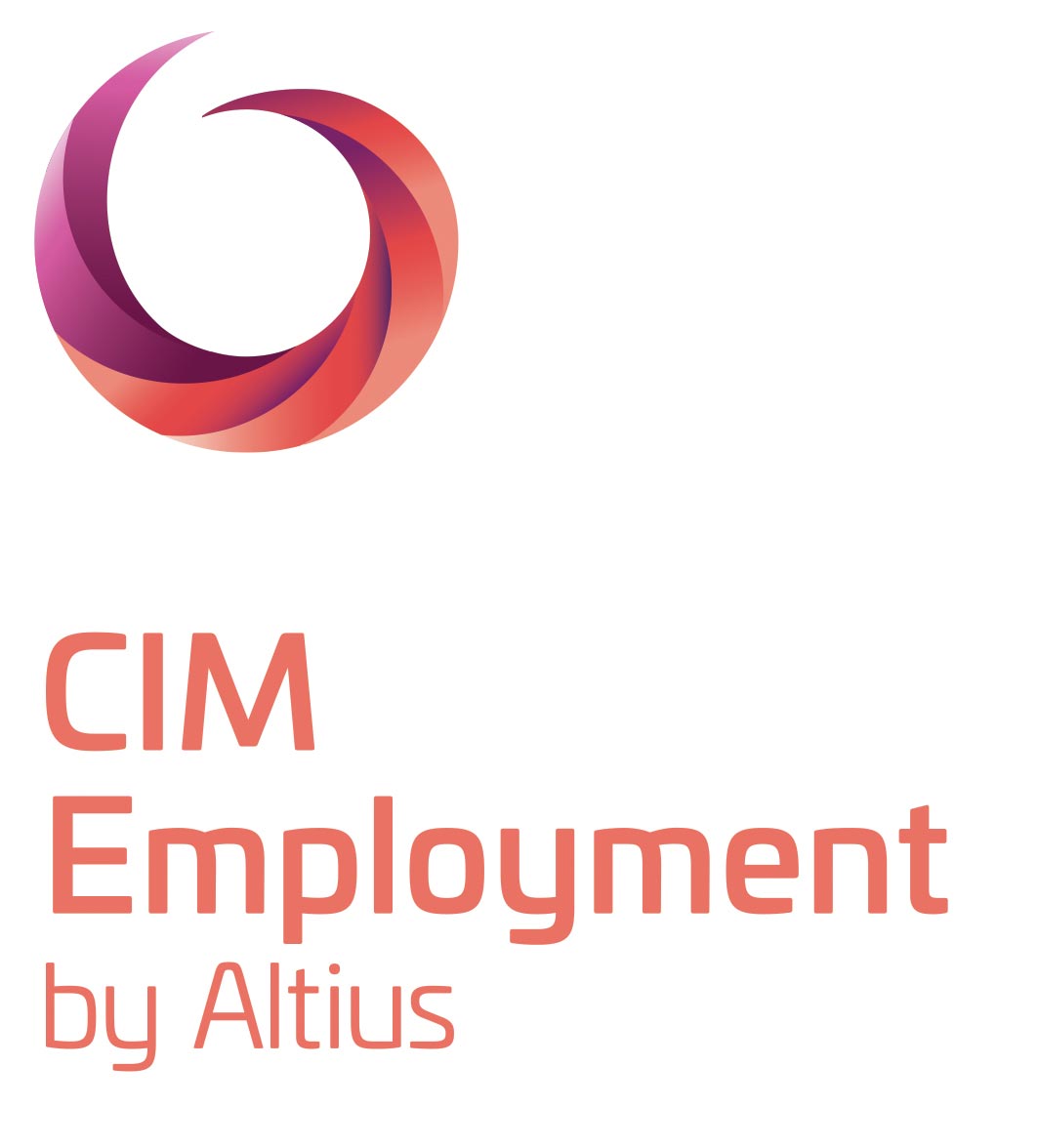


 Contact Us
Contact Us 1800 258 487
1800 258 487